On the afternoon of January 15, while giving opinions on the revised Law on Credit Institutions at the 5th extraordinary session, many delegates were interested in solutions to avoid banking incidents like the SCB case.
Almost only commercial banks have a state of "panic"
Standing Vice Chairman of Quang Tri Province Ha Sy Dong said that credit institutions are essentially financial intermediary institutions, conducting business based on the "trust" of customers.
According to Mr. Dong, almost only commercial banks have the ability to cause problems of "panic or bank runs", threatening to create risks that spread and "undermine the safety of the system".
Such problems mainly arise from objective causes such as sudden changes in monetary business conditions, negative shocks, unstable macro environment, or shaken confidence causing harmful rumors.
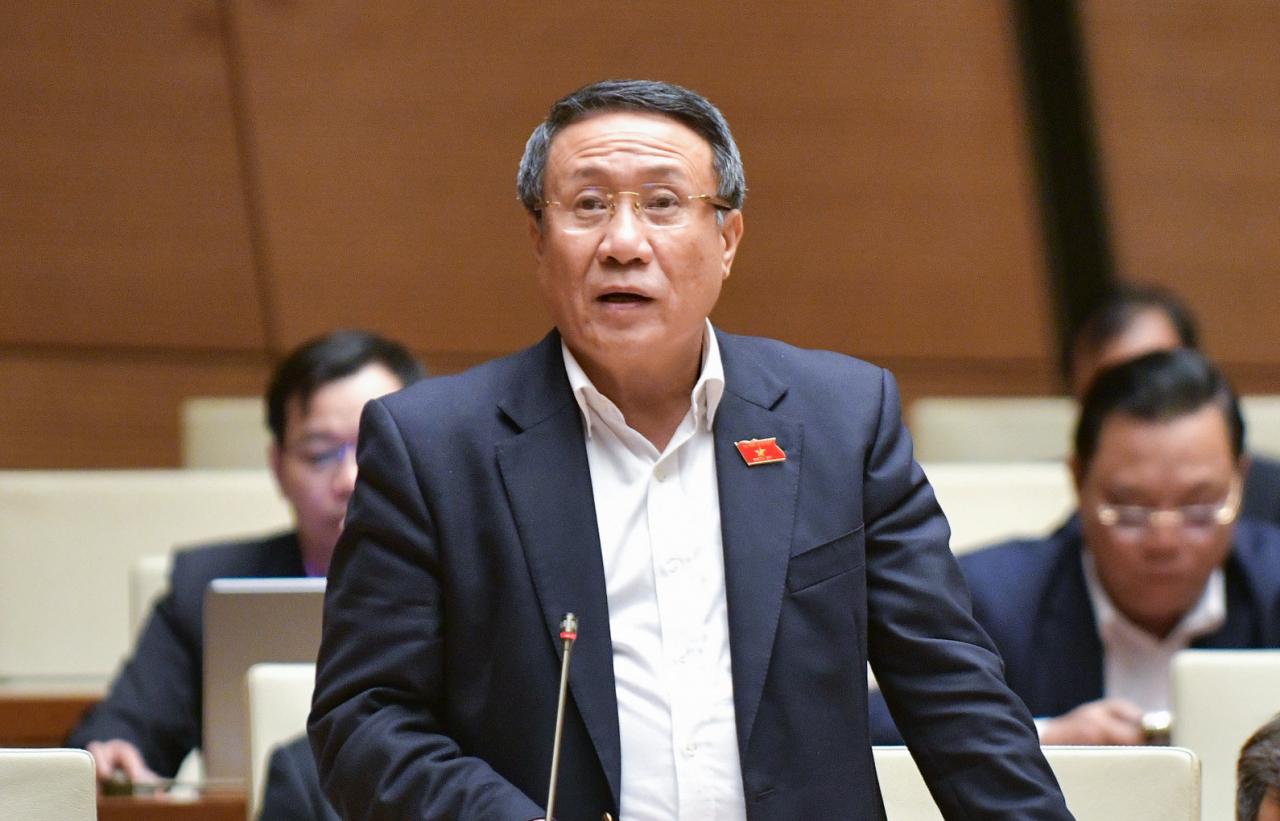
The common subjective cause is the intentional violation by bank owners, managers, and operators of regulations and operational safety ratios to the extent of causing significant consequences,...
This leads to the requirements of "early intervention" and "special control", "restrictive measures", "support measures", "handling cases of mass withdrawals from banks", "special loans and lending",... mentioned in articles 156 to 194 of the Draft Law.
“Of course, this logic is true under the condition that mechanisms or programs such as: “3 layers of defense”, “remote monitoring - on-site inspection”, “public deposit insurance and implicit deposit insurance”, “macroprudential supervision and microprudential supervision”,... are seriously and substantially implemented, promoting effectiveness and efficiency”, the Vice Chairman of Quang Tri province analyzed.
Delegate Dong noted that if this could be done, serious incidents like the recent "SCB Bank incident" would be very unlikely to happen, and when they did, the consequences would not be so negative and the losses would not be so great.
“And when such incidents occur, good international practices as well as valuable lessons learned from Vietnam all show that the State Bank - as the Central Bank of Vietnam, should be given more and stronger authority to be able to respond and handle 'banking incidents' quickly and effectively, in order to minimize damage and prevent the risk of system insecurity,” Mr. Dong suggested.
Controlling ownership ratio is not enough to prevent a recurrence of incidents like SCB
Concerned about the regulation on controlling ownership ratio in banks, Deputy Director of the Department of Culture, Sports and Tourism of Cao Bang province Doan Thi Le An said that bank owners can hardly monopolize the lending activities of credit institutions if they hold 15-20% of capital.
In fact, recent violations also show that the actual ownership ratio of the bank "owner" can be much higher than prescribed through subsidiaries, affiliated companies or other individuals.
Therefore, she believes that amending the law to suit reality is necessary, however, controlling the ownership ratio at banks is not enough to prevent the recurrence of incidents like SCB. In reality, cross-ownership and bank manipulation are very complicated, if looking at the documents, many shareholders own less than the allowed ratio but still hold controlling power.
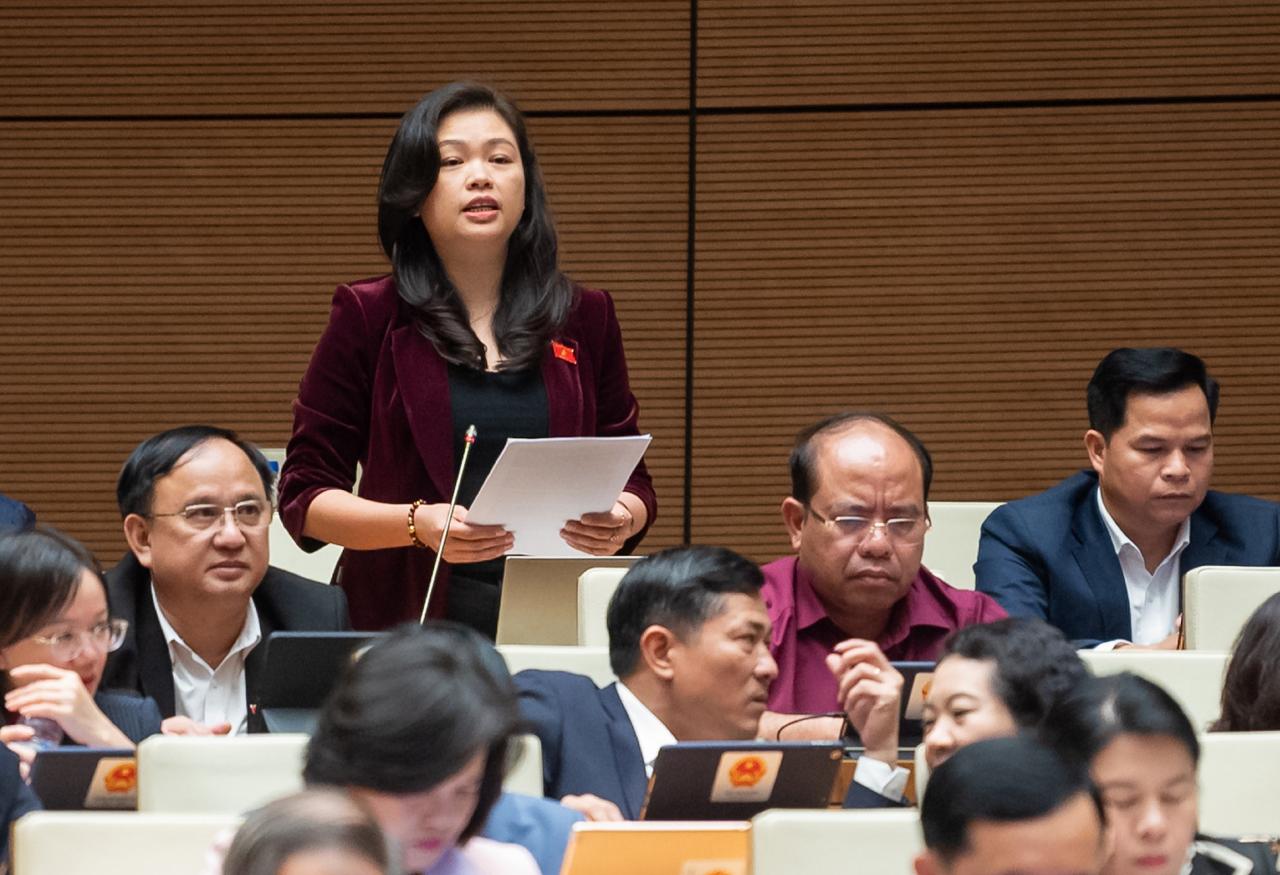
Considering that the tightening of ownership ratios as in the draft law is quite ambiguous, a delegate from Cao Bang province suggested considering stricter regulations on credit granting procedures for shareholders and related parties; adding regulations on cross-monitoring to clarify the ownership structure, real owners and accountability of the parties.
Many other delegates also agreed that the regulation on reducing ownership ratio will indirectly affect existing shareholders, strategic investors or potential investors who own transparent shares and have no intention of manipulating shares at the bank.
Explaining to the National Assembly, Chairman of the Economic Committee Vu Hong Thanh said that reducing the ownership ratio will increase the shareholder structure, limit domination and acquisition of banks. This is also consistent with the orientation of the project to restructure the credit institution system associated with bad debt settlement in 2021-2025.
In addition, to avoid disruption to the banking system, this draft law includes a transitional provision. Accordingly, from January 1, 2025, shareholders with excess share ownership ratios will be maintained but not increased, except in cases where they receive dividends in shares.
The Chairman of the Economic Committee believes that to prevent cross-ownership, one measure is not enough, but many synchronous solutions are needed, such as regulations on expanding the number of related persons. Can the situation of cross-ownership, domination or manipulation of credit institutions be completely resolved?
Mr. Thanh pointed out the recent case of SCB, where the individual owned only 5% but had one person borrow another person’s name to register. Therefore, the provisions in the law are not enough, and in addition to law enforcement, it is also necessary to strengthen supervision of the activities of credit institutions.
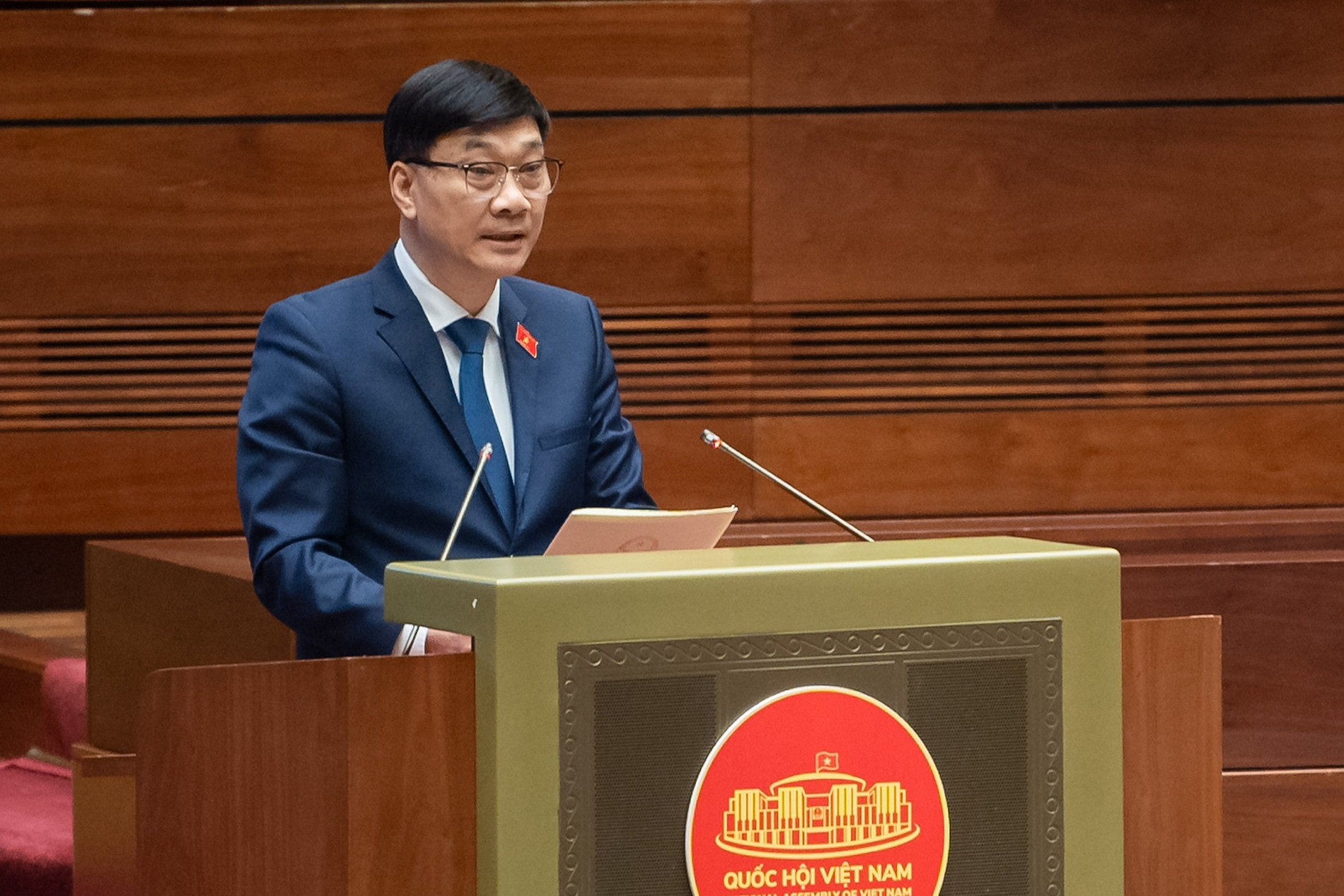
Prime Minister decides on special loans with 0% interest rate
Source



![[Photo] 2nd Conference of the Party Executive Committee of Central Party Agencies](https://vstatic.vietnam.vn/vietnam/resource/IMAGE/2025/3/31/8f85b88962b34701ac511682b09b1e0d)
![[Photo] Prime Minister Pham Minh Chinh receives delegation of leaders of US universities](https://vstatic.vietnam.vn/vietnam/resource/IMAGE/2025/3/31/8be7f6be90624512b385fd1690124eaa)

![[Photo] General Secretary To Lam receives US Ambassador to Vietnam Marc E. Knapper](https://vstatic.vietnam.vn/vietnam/resource/IMAGE/2025/3/31/5ee45ded5fd548a685618a0b67c42970)
![[Photo] Speeding up construction of Ring Road 3 and Bien Hoa-Vung Tau Expressway](https://vstatic.vietnam.vn/vietnam/resource/IMAGE/2025/3/31/f1431fbe7d604caba041f84a718ccef7)



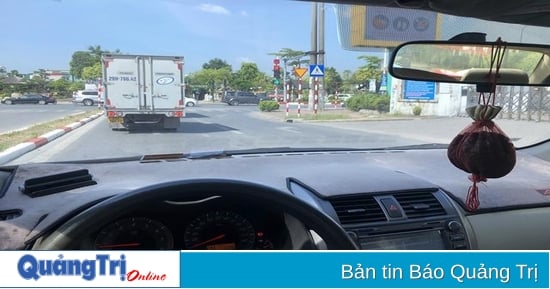




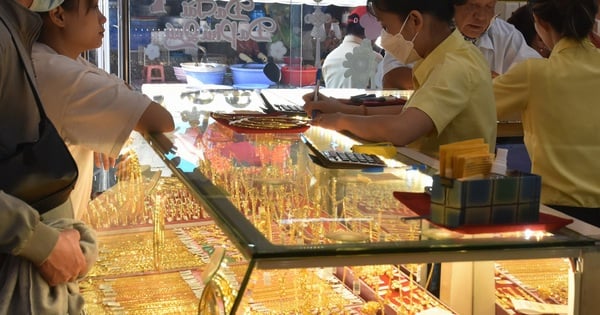
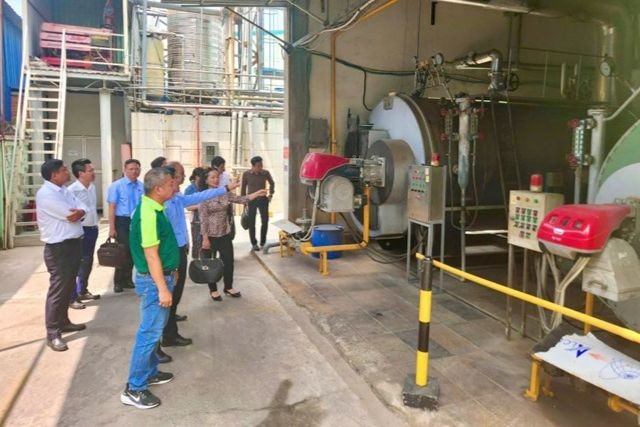


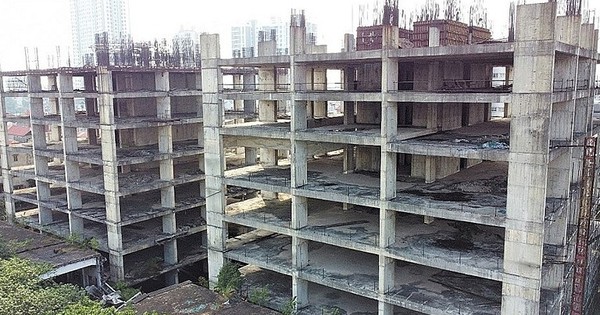




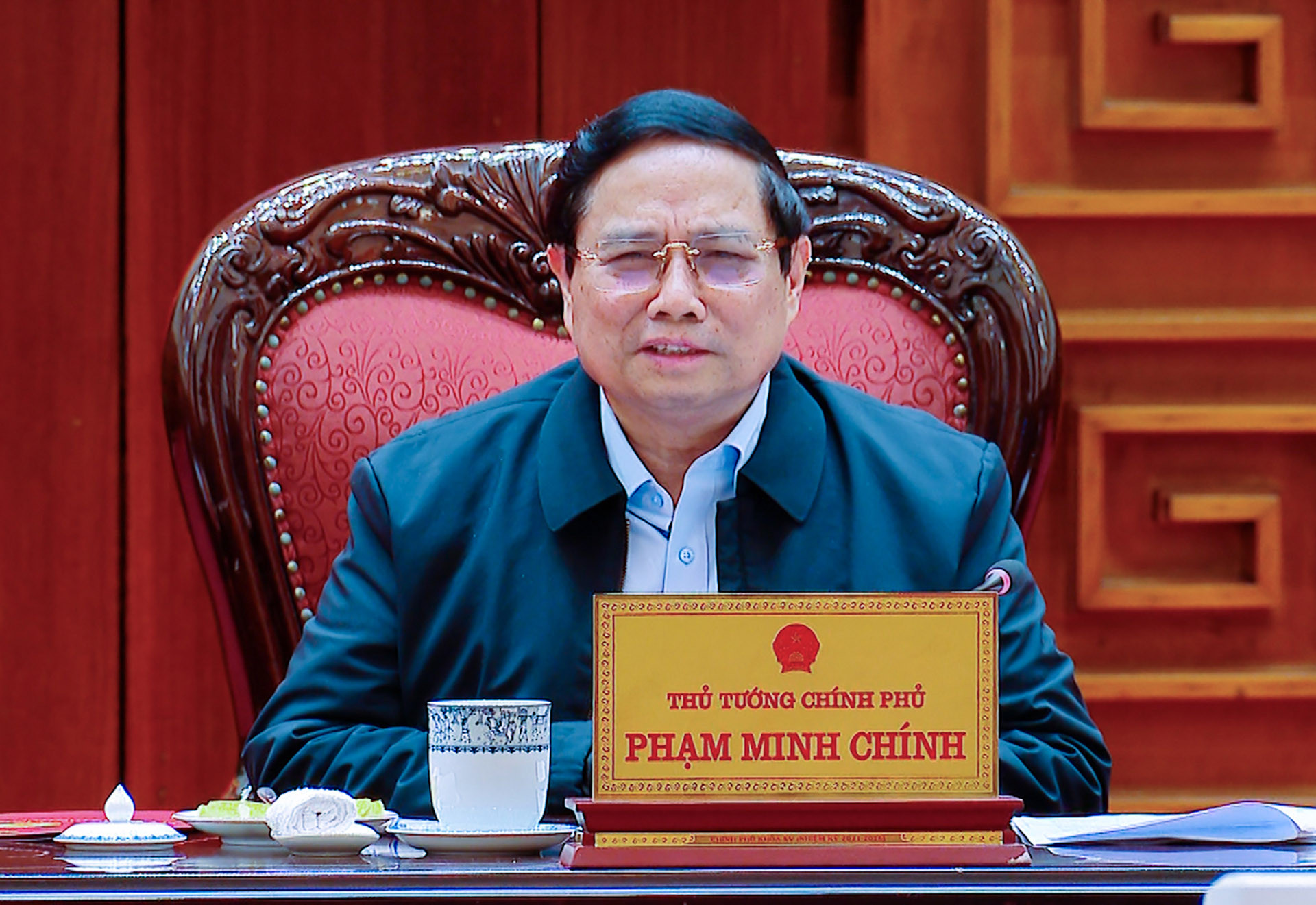
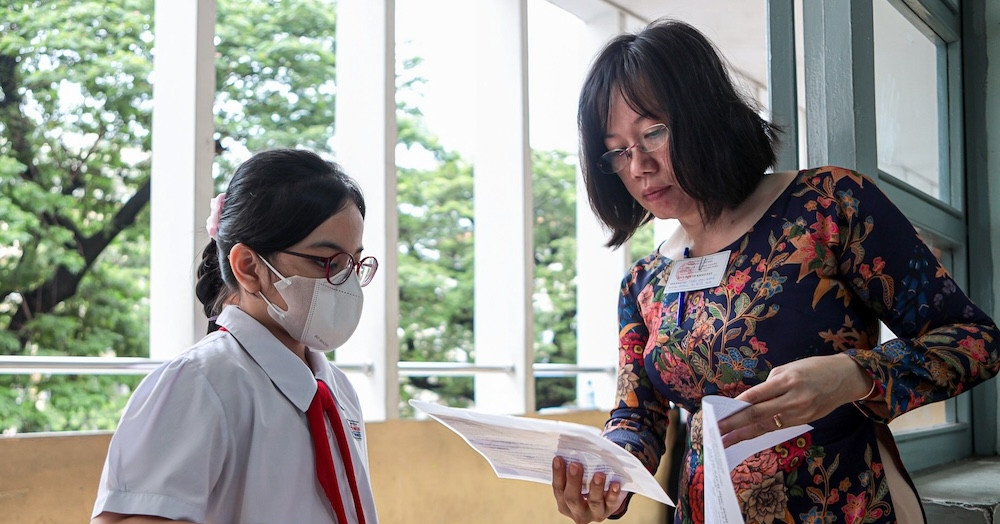

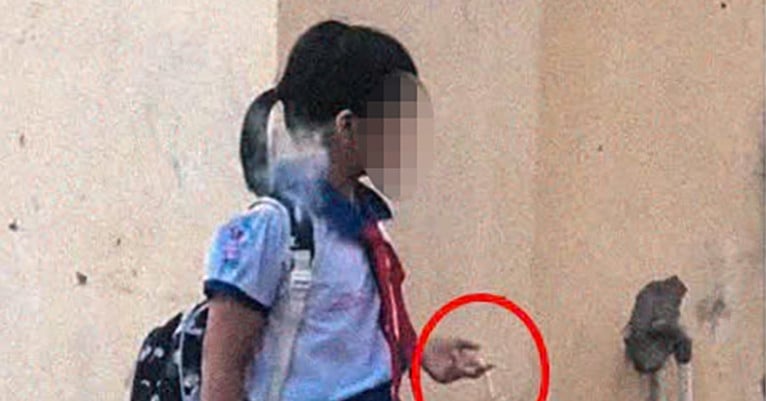



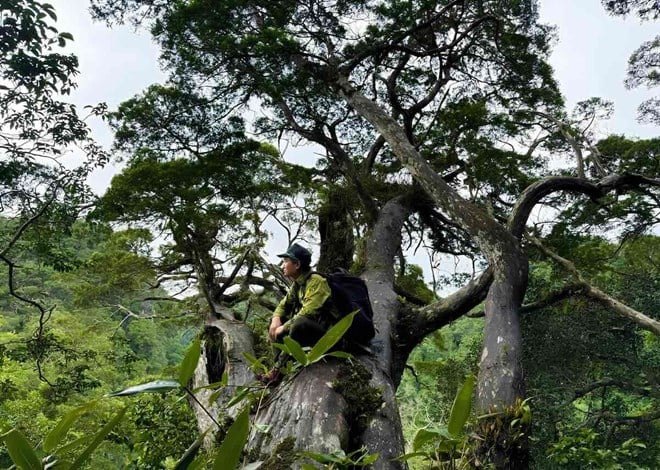













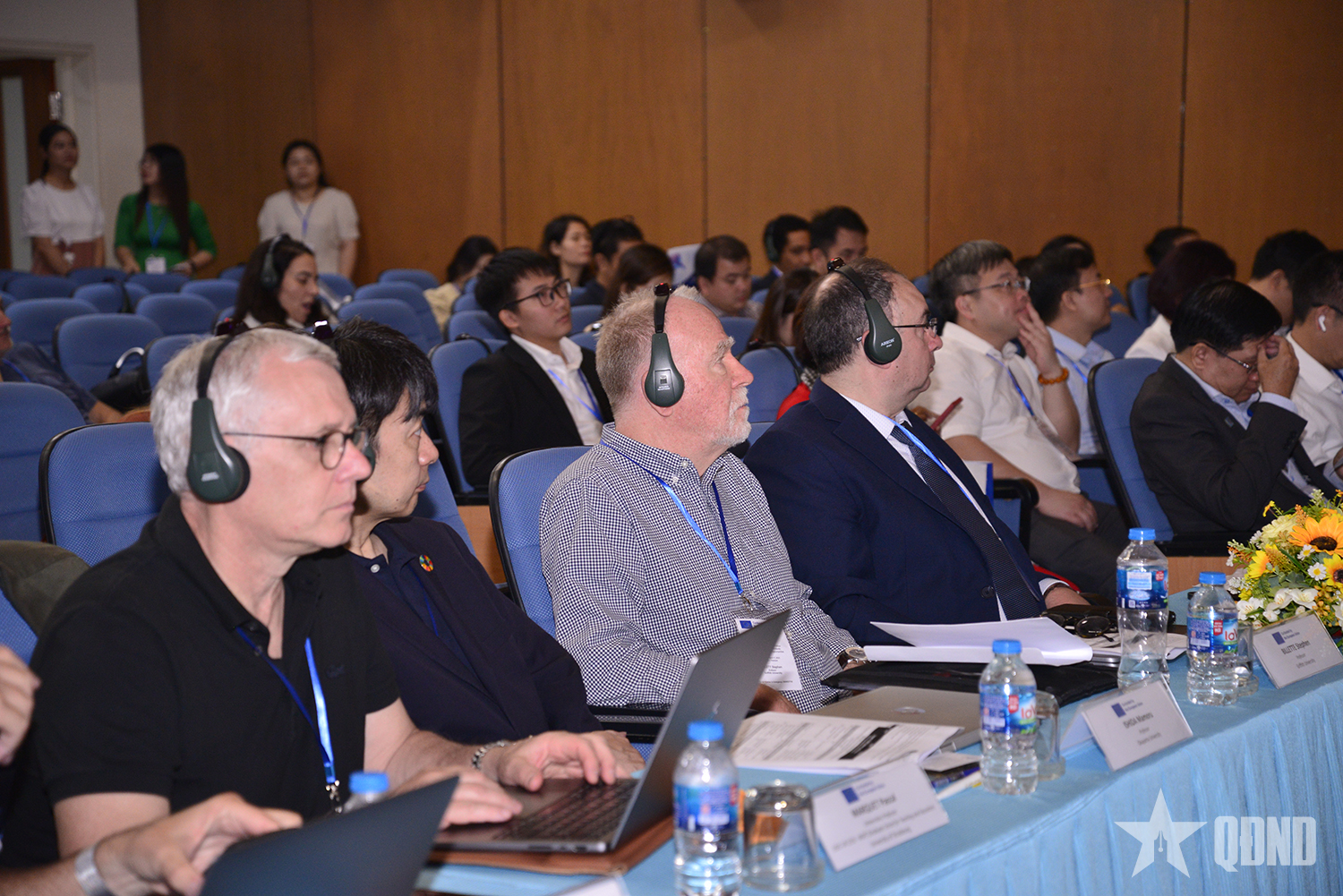



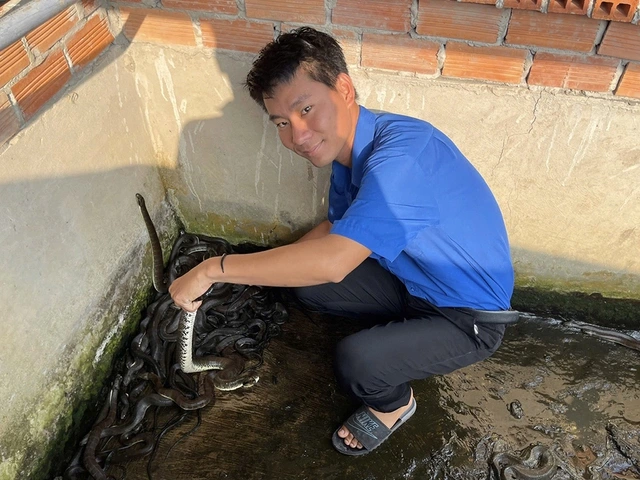













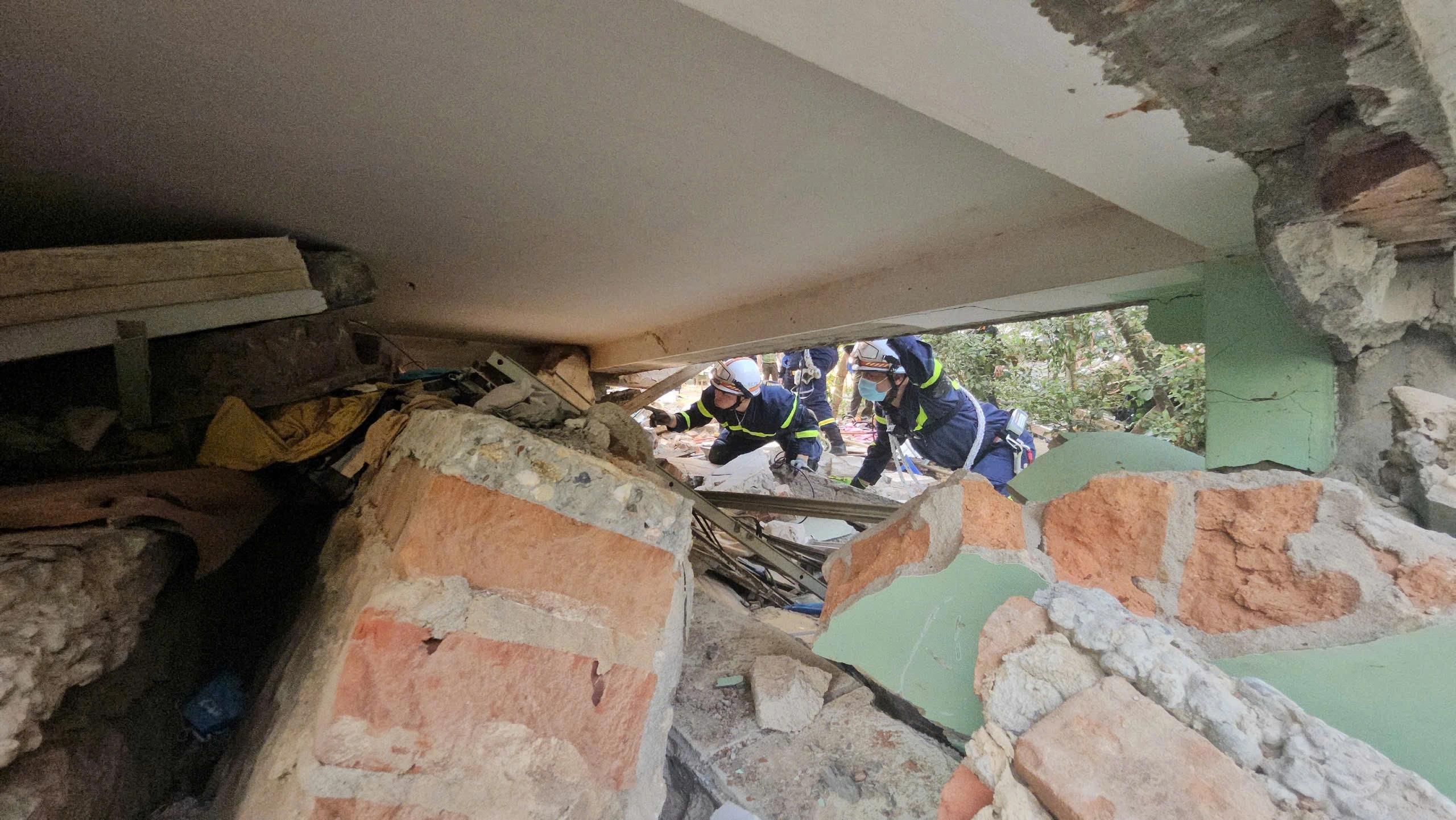
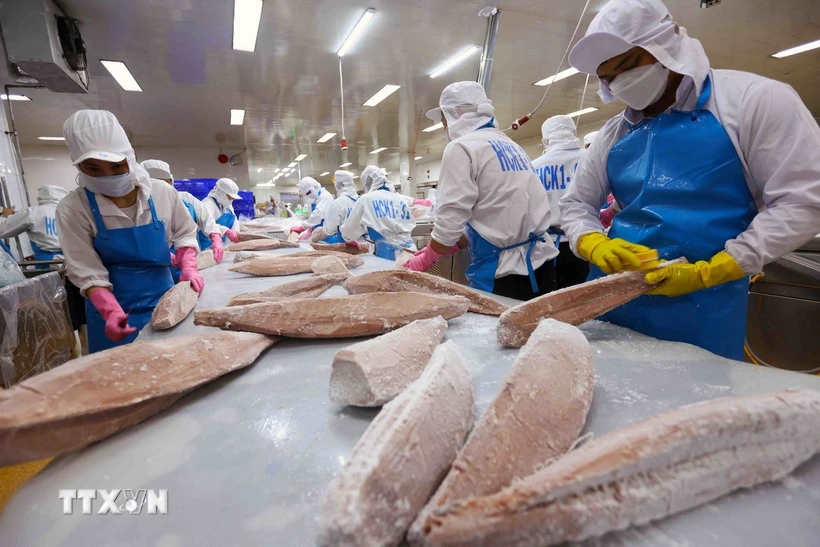



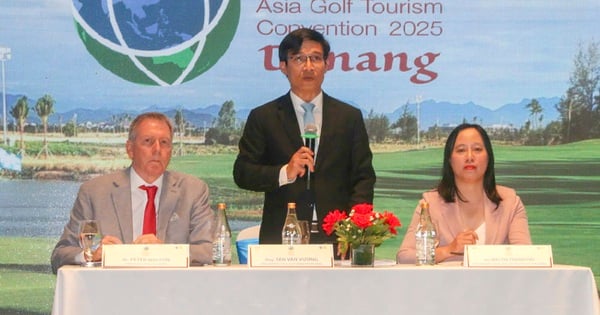






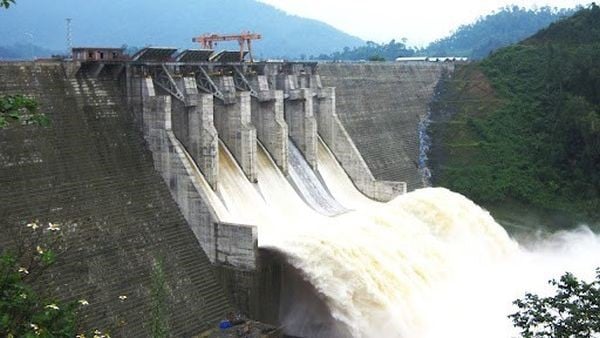




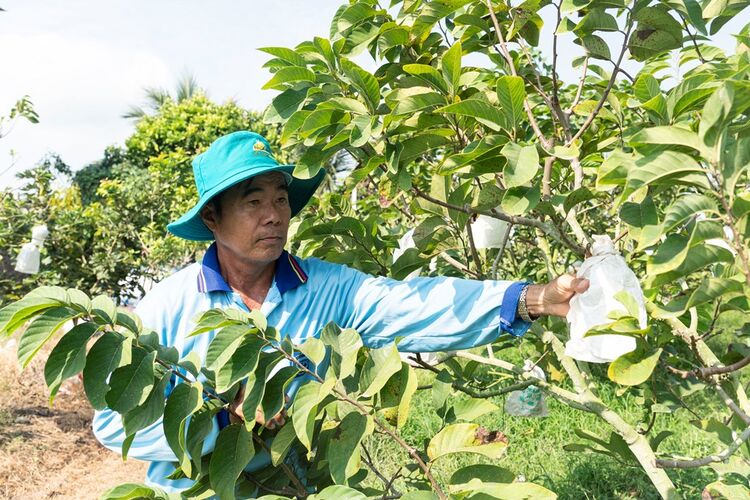
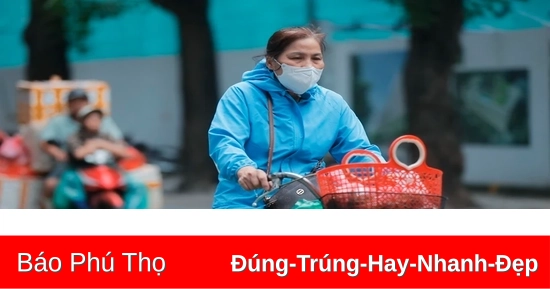

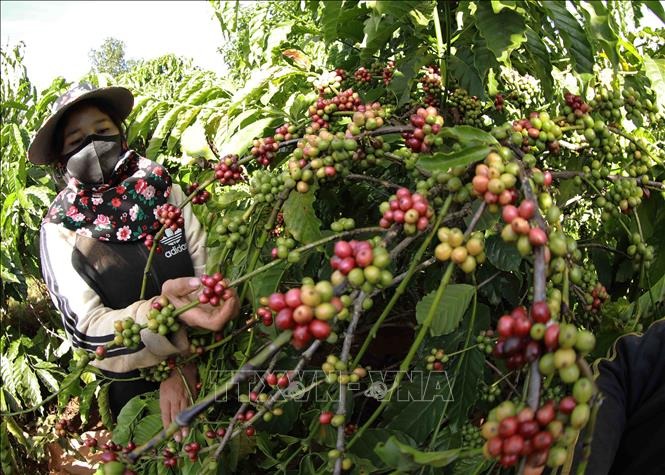













![[REVIEW OCOP] An Lanh Huong Vet Yen Cat](https://vstatic.vietnam.vn/vietnam/resource/IMAGE/2025/3/27/c25032328e9a47be9991d5be7c0cad8c)

Comment (0)